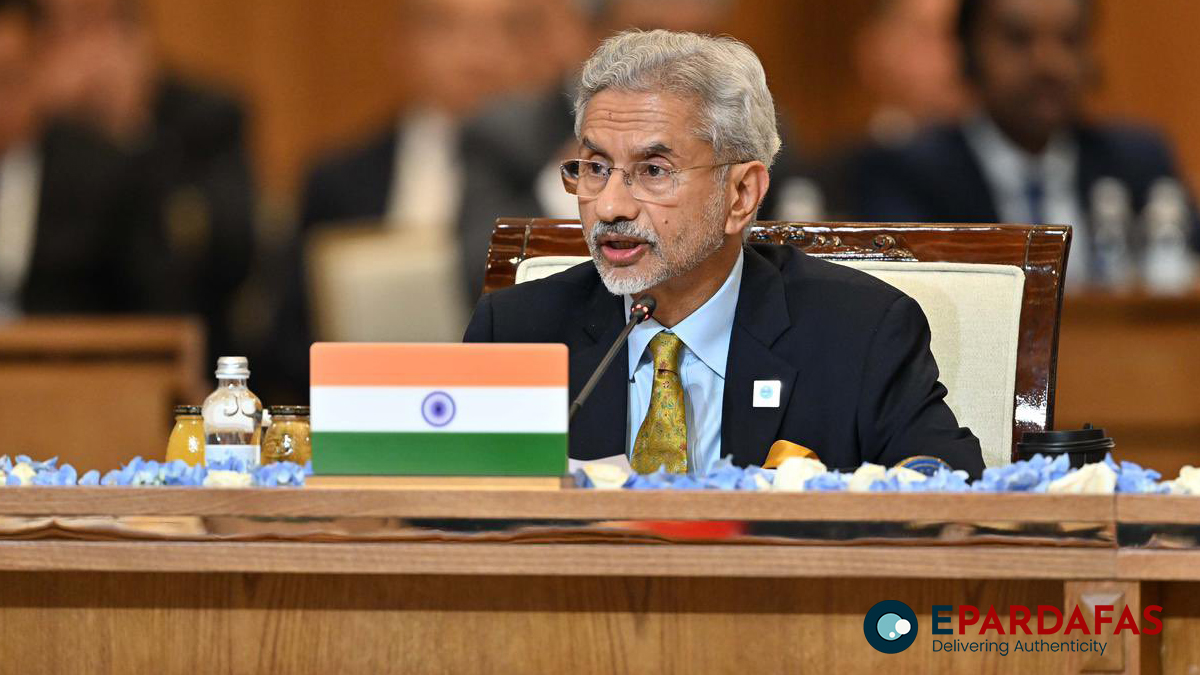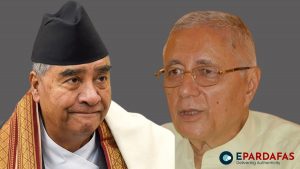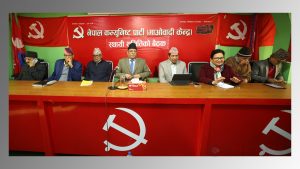
India Expresses Deep Concern Over Instability in Bangladesh
India’s Foreign Minister, S. Jaishankar, expressed deep concern on Tuesday regarding the situation in neighboring Bangladesh, following the ouster of Prime Minister Sheikh Hasina. Jaishankar stated that India would remain vigilant until law and order are visibly restored in Bangladesh.
In an official confirmation, Jaishankar revealed that Hasina fled to India on Monday as protesters stormed her palace. “We… will naturally remain deeply concerned till law and order is visibly restored,” Jaishankar told parliament.
Bangladesh’s army chief, General Waker-Uz-Zaman, announced on state television that Hasina had resigned and that the military would form an interim government. Hasina’s departure from Bangladesh and her arrival in India, where she landed at a military airbase near New Delhi, marked a significant development in the region.
“We have been in regular touch with the authorities in Dhaka over the last 24 hours,” Jaishankar said, emphasizing the ongoing communication between New Delhi and Dhaka.
A top-level source indicated that Hasina initially planned to travel to London. However, the British government’s call for a UN-led investigation into “unprecedented levels of violence” in Bangladesh has cast doubt on that plan.
“Our understanding is that after a meeting with leaders of the security establishment, Prime Minister Sheikh Hasina apparently made the decision to resign,” Jaishankar explained. “At very short notice, she requested approval to come to India. We simultaneously received a request for flight clearance from the Bangladesh authorities. She arrived yesterday evening in Delhi.”
India, which shares a border with Bangladesh stretching over 4,000 kilometers (2,485 miles), has instructed its border guarding forces to remain exceptionally alert given the current situation.
Regional Concerns and Reactions
Hasina’s dramatic ouster has also sparked concern in Sri Lanka, where it has been compared to the turmoil that toppled Colombo’s leader in 2022. The Sri Lankan government expressed hopes for the restoration of democracy in Bangladesh.
“We also faced a similar danger to our democracy, but we protected our parliament,” said government spokesman Bandula Gunawardana in Colombo.
Sri Lanka’s Foreign Minister, Ali Sabry, extended his wishes to Bangladeshis, expressing hope that they would “overcome these challenges and emerge even stronger.”
Sri Lankan media have drawn parallels between the situations in Bangladesh and Sri Lanka, highlighting the similarities between protesters storming Hasina’s palace and the storming of then-president Gotabaya Rajapaksa’s official residence in July 2022.
As the situation continues to unfold, regional stability remains a key concern for neighboring countries and international observers alike.













Comments